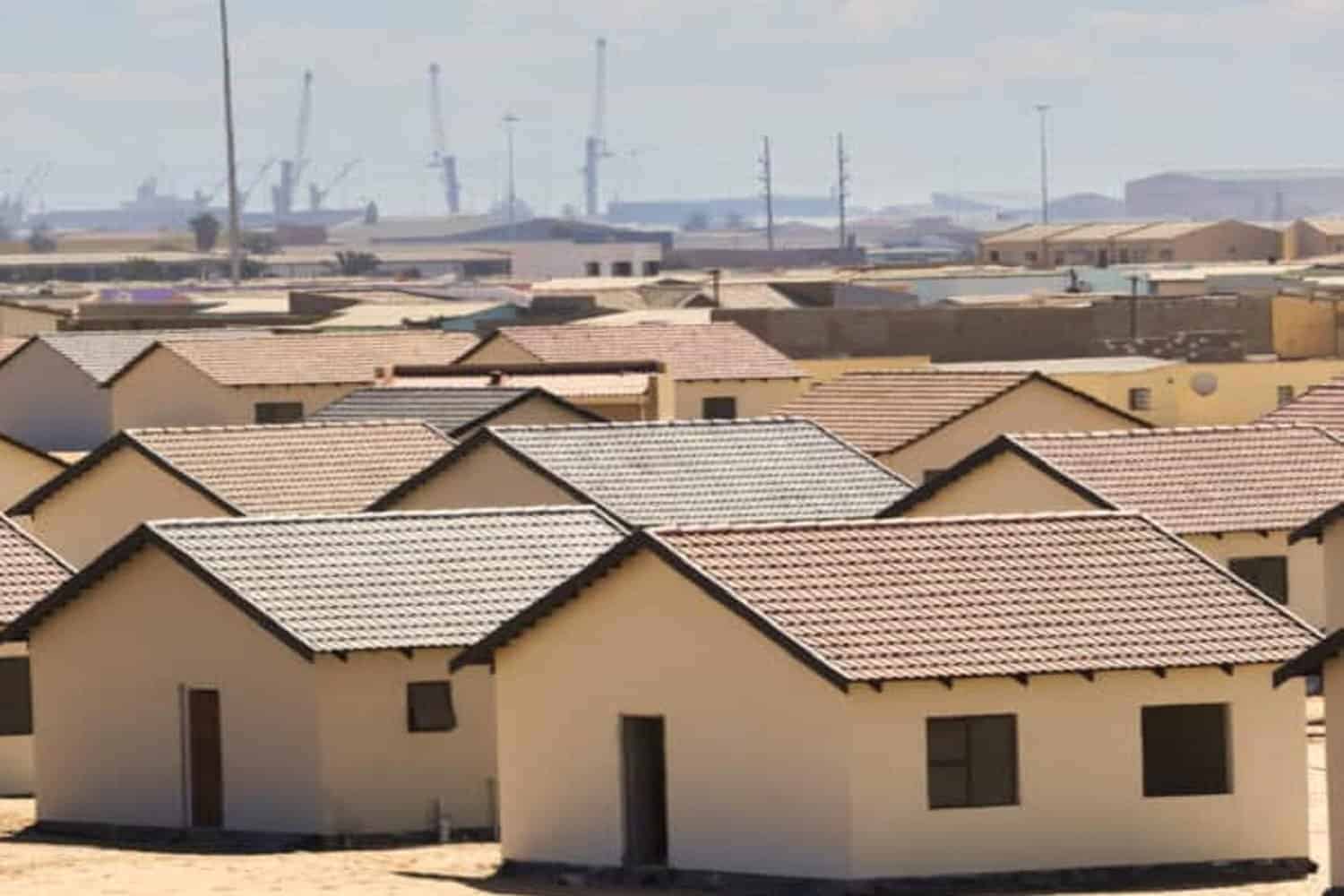Says Premier's comments on evictions represent necessary enforcement measures to protect land designated for development.

The Gauteng department of human settlements has rejected claims by the DA that there is a contradiction between Premier Panyaza Lesufi’s and MEC Tasneem Motara’s positions about informal settlement upgrading policies.
The department described the DA’s allegations as “both misleading and opportunistic” and insisted there is no contradiction between the two leaders’ positions.
DA raises concerns over mixed messages
The controversy emerged after the DA issued a statement claiming Gauteng residents in informal settlements were “confused and disappointed” by conflicting messages from the province’s leadership.
“The mixed signals affirm that the Gauteng provincial government (GPG) is not only out of sync but also out of touch with the bleak realities encountered by the millions of people without a place to call home in our province,” the DA statement read.
The party demanded that Premier Lesufi and MEC Motara “stop contradicting each other and find viable solutions for Gauteng’s acute housing crisis”.
ALSO READ: Land in hand but no money to build: Gauteng housing project vacant due to lack of foresight
Department defends unified approach
The human settlements department countered these claims by emphasising its full support for the premier’s position.
“The department fully supports Lesufi in his noble intentions to restore order, curb illegal land invasions and ensure that human settlements development proceeds in the best interest of all South Africans,” it said.
It further argued that Lesufi’s warnings about mushrooming informal settlements actually highlight the challenges that the upgrading of informal settlements programme is designed to address.
“Far from being at odds, both leaders are united in their resolve to provide sustainable housing while protecting communities and safeguarding planned development,” the department said.
Illegal land invasions pose development threat
The department emphasised its repeated warnings that illegal land invasions undermine housing delivery efforts.
It said that when land designated for schools, clinics, roads or housing projects is unlawfully occupied, it disrupts planned development, increases costs, triggers litigation and delays service delivery to communities that need it most.
“These invasions often result in unsafe, unserviced settlements which expose residents to risks and deepen the housing backlog,” the department said.
Motara reinforced this stance. “I fully support the eviction of illegal occupations, whether of land or property,” she said.
ALSO READ: Cape Town plans to use CBD land for social housing: 5 things you should know
Department highlights delivery achievements
Contradicting the DA’s criticism, the department pointed to its successful upgrading of nine informal settlements during the current year.
It said these upgrades had brought basic services, dignity and stability to thousands of residents.
Moreover, the department described these upgrades as “tangible progress, not failure” and evidence that “government is working, even under difficult conditions of budget constraints, rapid urban migration, and constant illegal invasions”.
Two sides of the same approach
It said that Lesufi’s comments on evictions represent necessary enforcement measures to protect land designated for development, while Motara’s statements reflect the department’s work in formalising and upgrading settlements.
“These are two sides of the same coin,” the department said, noting that both approaches aim to ensure Gauteng can accommodate its growing population “in a planned, orderly and sustainable manner”.
“The Gauteng provincial government remains committed to reducing the housing backlog, revitalising hostels, completing mega projects and ensuring that delivery is felt by the most vulnerable, including the elderly, child-headed households, and the destitute.”






